Hasa, which makes and distributes water sanitation chemicals, claimed in August that reduced service would lead to product shortages and ultimately threaten supplies of safe water to nearly 24 million people in Southern California.
“Ultimately, there is no support for Hasa’s apocalyptic claims that the entire population of the Los Angeles Basin will be without clean drinking water if Union Pacific provides three-day-a-week service,” UP said in a Sept. 3 filing with the Surface Transportation Board that was posted to the agency’s website today.
Most of the chemicals Hasa ships to municipalities are for maintaining swimming pools, not public drinking water systems, the railroad notes.
The STB last month ordered UP to maintain five-day-per week service to the Hasa plant in Saugus, Calif., while it considers Hasa’s request for an emergency service order and a temporary injunction.
But UP argues that the STB does not have jurisdiction over the matter because the shipments to Hasa move under contract.
“This fact categorically removes all the traffic at issue from the Board’s jurisdiction and precludes the Board from considering any of the relief Hasa seeks — whether an emergency service order, an injunction, or an order to mediate,” UP says.
UP says three-day per week service is sufficient for Hasa’s needs given the low volumes of chlorine and caustic soda received at its plant. In fact, UP has delivered cars to the plant three times per week on average for the year-to-date.
“In the past three years, Hasa has never received more than 16 cars in a single week,” UP said in its filing. “The idea that it needs to receive those cars in five weekly switches rather than three weekly switches defies logic.”
UP said the proposed reduction in service, which has been discussed with Hasa for more than two months, has nothing to do with its shift to an operating plan based on the principles of Precision Scheduled Railroading.
“There is no operating plan under which it would make sense to continue providing five weekly switches to a facility with Hasa’s volume, despite flagging local demand and limited crew and locomotive resources,” UP says. “Hasa’s attempt to frame its claims as a Unified Plan 2020 dispute is yet another red herring.”
The railroad also dismissed Hasa’s claims that UP’s service has been erratic and unreliable since it launched Unified Plan 2020. Deliveries to the plant have on time or early 94% of the time this year, according to UP’s filing.
Providing service on Mondays, Wednesdays, and Fridays allows UP to meet requirements that shipments of hazardous materials be delivered within 48 hours.







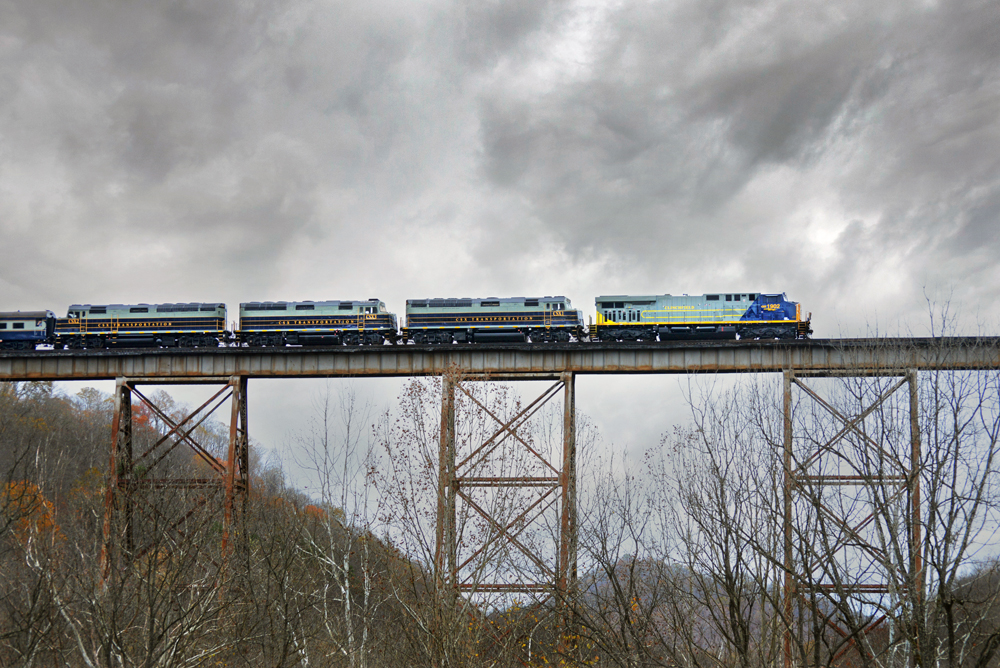
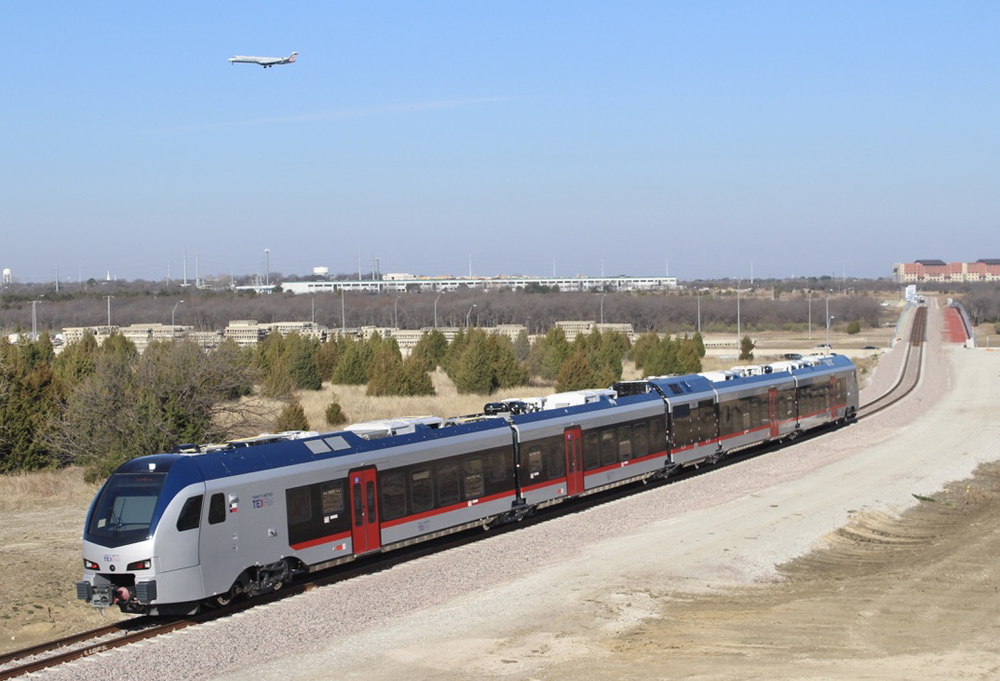
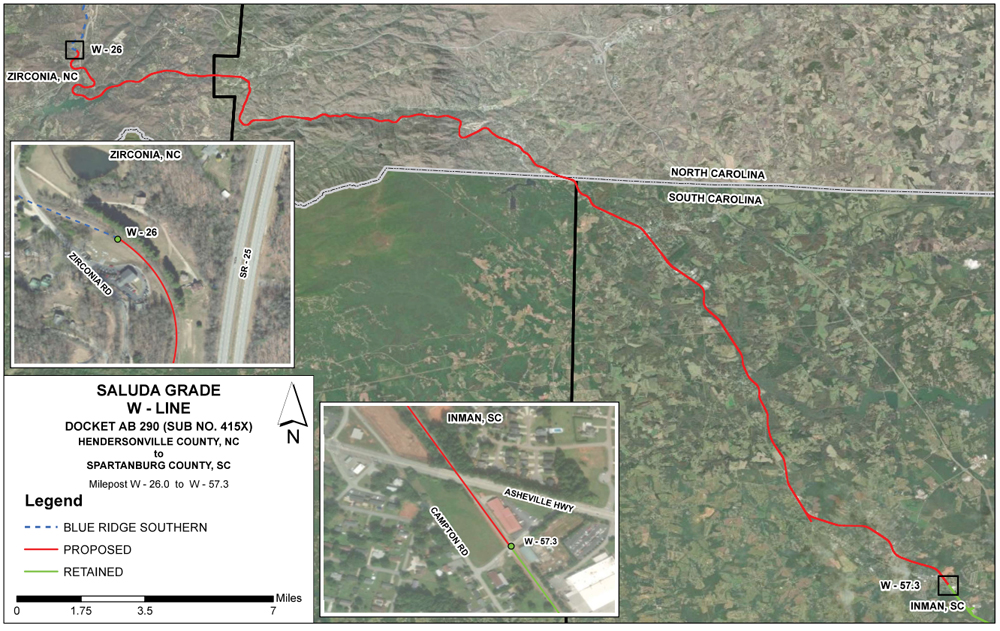
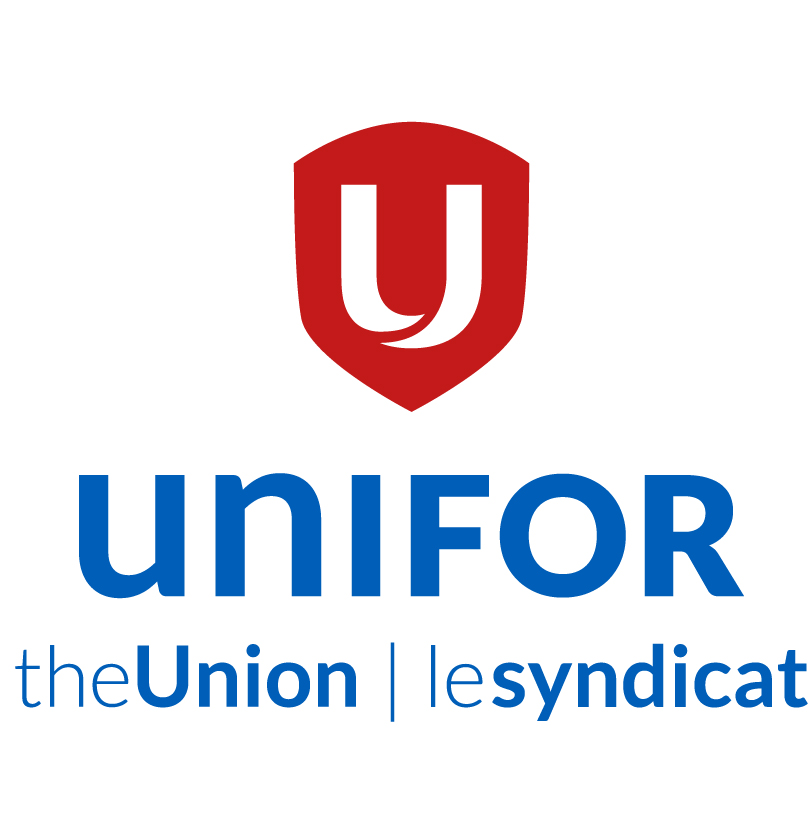
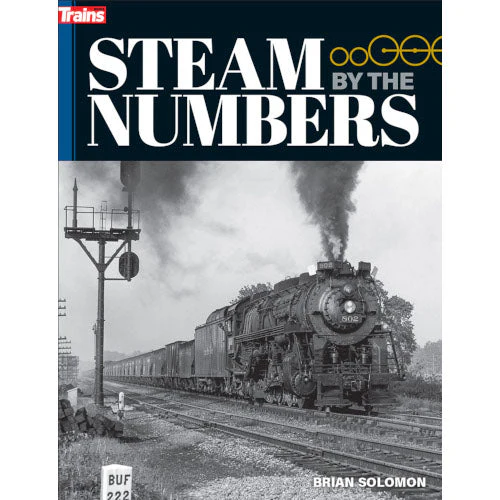


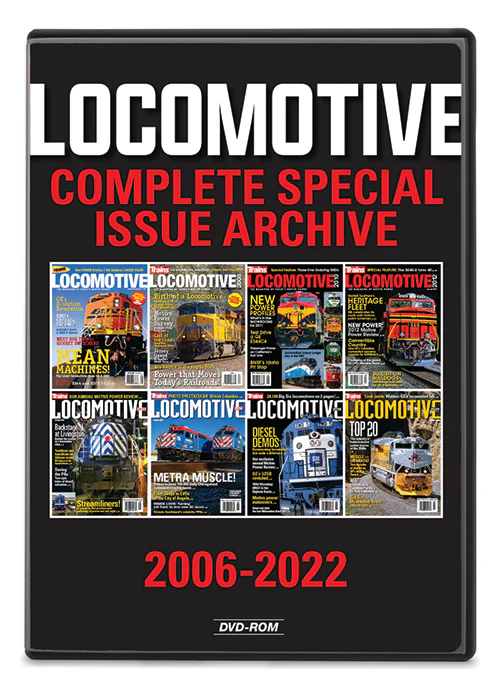
J Robert Wayman correct. Chlorine is the one chemical that really can cause headaches for a CDL licensed driver. How much requires placarding, as little as 1 qt. And as it requires both tanker and Hazmat endorsements, it also has extra costs for the person who has the CDL. Which is why you see those trucks driven by the same people over and over again. Then compare capacity of the tank car as compared with the truck. Trucks would require 5 day a week deliveries while the railroad can do it in 3. And it appears they have been. Tank car loads of Chlorine also require special handling as to placement in a train.
So the article is not entirely accurate as far as hazardous materials are involved. Only TIH (Toxic Inhalation Hazard) cars have the mandatory 48 hour rule. In this case, that would only affect the chlorine but not the sodium hydroxide (caustic soda).
Gerald asserts that trip plans on CN work fine and so should on UP. But others have contradicted this and say that CN drove off much traffic under Harrison, particularly east of Montreal. Certainly we see that UP traffic is down significantly at the same time as these operational changes.
It doesn’t seem like very many carloads per week and they could easily be moved on fewer days. However, it’s just one more way the railroad is perceived to not care about the customer. Is their purpose to provide service or just to run trains?
Wait a minute! You mean to tell me that this customer is more concerned with his cars getting delivered than he is with the UP having a steam program?
So charge a fee for the service and if they request extra service charge appropriately.
Here is my other point…you don’t get paid until you deliver the car. If I remember correctly all freight bills must be settled in 7 days..i.e. PAID FOR. Why on earth would you want to delay a payment for something (a car) you already have on hand waiting delivery. Deliver said car and get paid fer cripes sakes. Seems simple enough.
The contract part is interesting. In the STB docs, Hasa states that they do not have a contract with UP. The company they purchase the product from purchases services with UP. I wonder where that firm is in regards to mess.
As for the contract, does it specify number of days of service? Probably not. Did UP price assuming five days a week? Maybe. Will UP give a rate discount for dropping service to 3x weekly????????
Mr. Turcotte you have a great point. The framers of the Staggers Act envisioned a railroad industry free to win back and gobble up traffic in earnest. Not to cherrypick what they want at the risk of even more decreased market share. Re-regulation looks better and better. Greedy bastards.
BRANDON – Thanks for the chemistry lesson, I didn’t know that, about what you posted. Be that as it may, anything can happen to delivery – a blizzard, a labor stoppage, an earthquake, a tornado … so my point stands, there needs to be more than a one day supply at the water treatment plant.
Gerald; US railroads have had trip plans for individual cars for at least a decade now. Compliance with those trip plans is where the railroads tend to fall short of expectations. In another UP related post here on Newswire it is noted UP’s compliance with trip plan is only 71%.
Part of the issue with trip plans is the one created for a new shipment is typically modified multiple times. I used to get a kick out of the trip plans on CSX’s website. It would tell you the next scheduled event for one of your shipments was a departure at such and such a time three or four days previous yet the car was still sitting in the same place four days later. The trip plan for the car would not actually update till the car had finally moved. I would submit that as “plans” go; that isn’t much of one.
Now you know why the harmful regulation that was lifted in 1980 first came into existence. And we’re heading there again. Thank you, PSR.
All of you posting…have you read all of the filings, from both the customer and UP…if you would then all of you would know that the customer requested and is receiving exactly the service they asked for.
Also, this is the exact same way CN operates and they don’t seem to have a problem, every single car on CN has a trip plan…which is what the US carriers are getting towards.
Phooey on all the filings and PR grandstanding, show me that contract UP is waving in front of the STB’s face. That is where the wheels meet the rail.
Cars show up, spot the customer when they want them, daily or otherwise. Is that so difficult? I know that with CSX they went all berserker about having a PLAN, times, days, hours to be switched. Customer has cars and wants them but wait, we don’t switch you today so too bad. You NEED the product? Too bad, your not in todays plan. I know, I did the work (or not, given whatever the day was).
I’ve given up and just laugh when I read this stuff. I sold all my CSX shares and stuck it in a nice BIG telephone company that has a great dividend. Remodeled the house too. I call it the EH Harrison Kitchen/flooring/living room/bedroom. Thanks.
Retired and really don’t miss it anymore.
And Mr. Cook, I wish it was that simple but THEY DON’T CARE.
Details, details, who cares about the facts. How to get a black eye in the news! Just switch the guy daily when his cars show up and write it off as a PR expense. How much can he really cost UP to serve him as he ask? He found a way to hit you where it hurts. Get your saving elsewhere. How much did this BS hurt my stock value? Likely more than this industry cost you to switch.
In any way anyone looks at this, this is not service to make the customer happy.
@Charles Landley
I’m not sure on the types of chemicals used, but from my water supply class in college, I know that chemicals for water treatment lose effectiveness quite quickly, in a matter of only a day for chlorine. It Is necessary to get frequent deliveries of chlorine if it is stored in an environment where it can evaporate, like a large tank. Many water departments are switching to chloramines now because they are far longer lasting, and they can be made on demand with the necessary raw ingredients reacted together. The purification plant we went to for that class had just switched to chloramines and stored all of the ingredients in fiberglass tanks, and had far less frequent deliveries.
UP service may stink but they do have a point. Hopefully SoCal water treatment districts don’t depend on daily delivery of chemicals. There must be some sort of stockpile of critical chemicals.
Oh dear; who to believe in this argument – UP or the customer? ?? (To be clear; a sarcasm emoticon was inserted here.)
I’m not placing much value on UP’s “this is a contract” argument. That would be relevant were the discussion about rates. Generally speaking; non-intermodal rail contracts don’t go into detail regarding service frequency. UP is just slinging as much against the wall as they can in hopes something will stick.
Service goes out the window under NOT Precision Railroading. Hunter would be pleased and customers get mad as they should.
How to win and keep customers, argue with them about the services they need. Wonder why railroading is falling in the crapper. Personally, I don’t think the volume is warranting UP’s interest. One way to dump a low volume user in the UP’s eyes. Just my thought.
Ronald, I doubt that the cargo is wanted by trucking as it is chlorine. And similar “hazmat” material.
My question from UP saying that this is a “CONTRACT” customer and therefor not subject to STB jurisdiction is:
Does any rail freight ship under tariff rates?
In the very near future the Union Pacific should expect a nice referral fee from a trucking company. The ultimate customer weapon: take the business elsewhere. On second thought, perhaps that’s UP’s long game strategy – to fire the customer.
Union Pacific can’t understand the simple concept of the CUSTOMER wanting to have 5 day a week service. Especially as they received it prior!